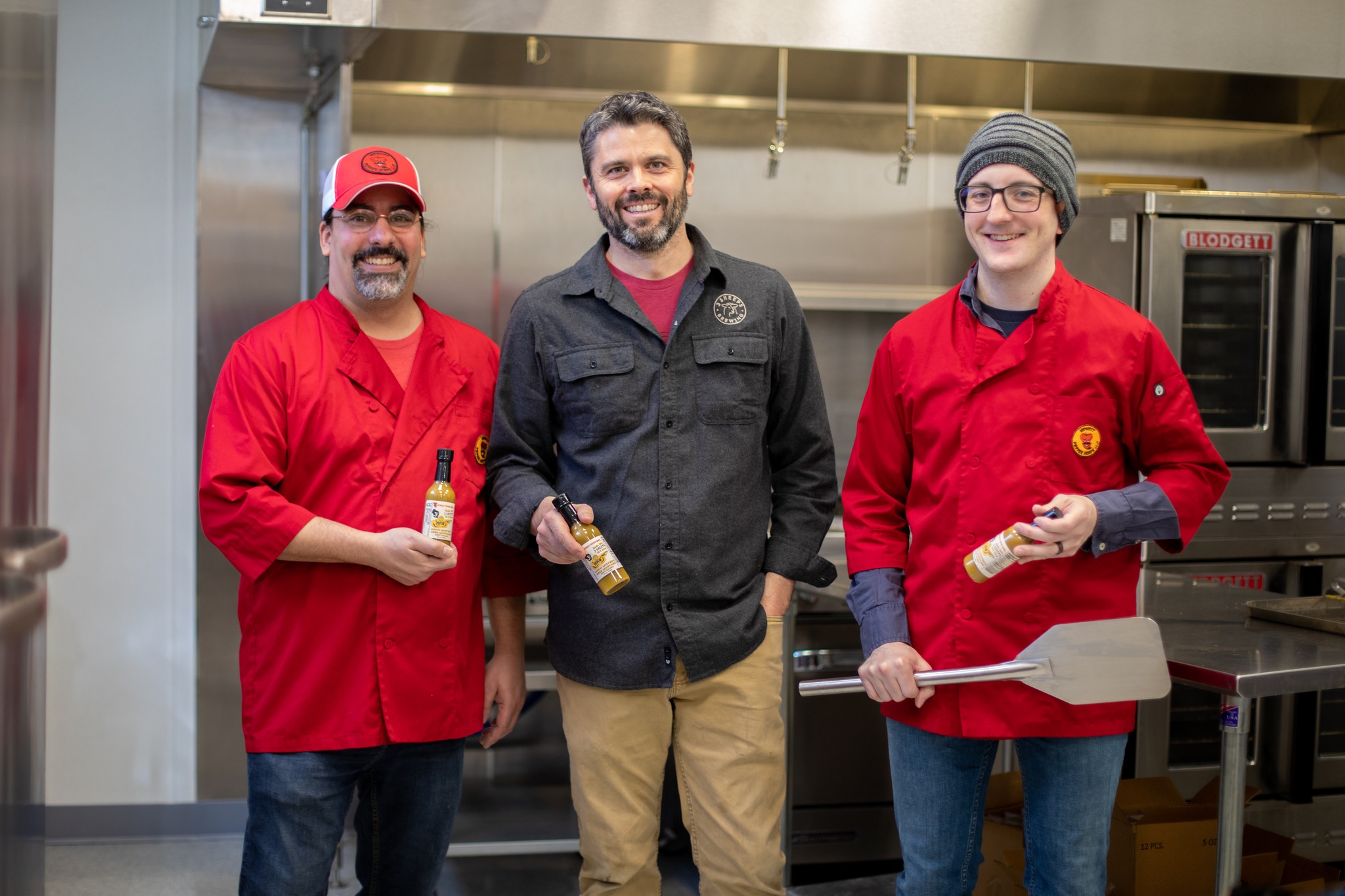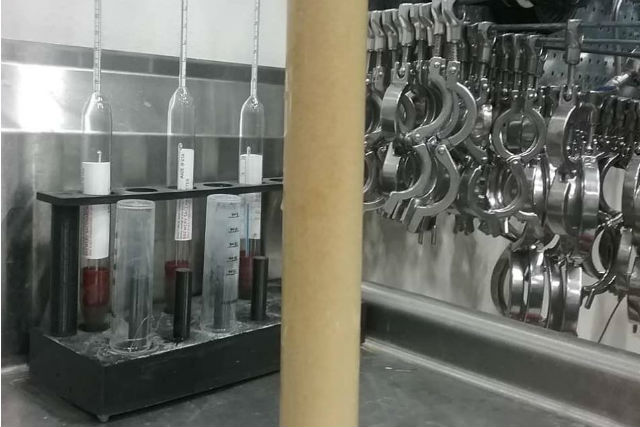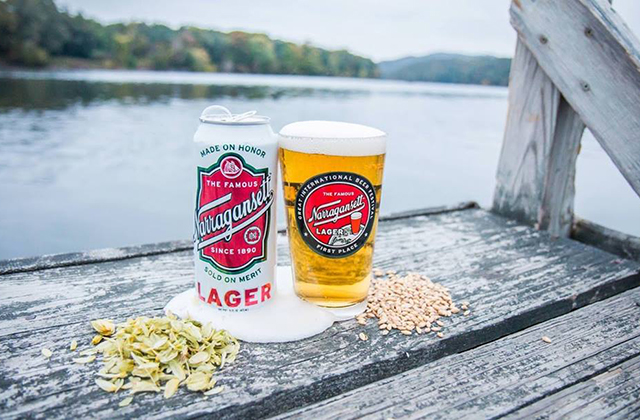
Having a cracker jack sales staff is helpful in getting your small brewery’s beers into shops and restaurants, but building a rapport with distributors is something many breweries find incredibly helpful.
Grant Pauly, co-founder of 3 Sheeps Brewing, is among those who don’t mince words when extolling the value of a great distributor, saying having one had been instrumental to the growth of his brand in the early days.
“(Co-owner) James (Owen) and I were out there a lot early on, but we leaned on our distributor,” Pauly told Brewer Magazine. “Back then there were two of us but our distributor had 120 people. We got to work with them and made sure they had all of the tools they needed.”
Equipped with necessary tools such as being able to tell 3 Sheeps’ story and talk about their beers, the distributor was able to go out and spread the word.
“They’ve been phenomenal to work with,” Pauly said. “Even now with our salesforce, while it’s grown quite a bit, we still can’t be everywhere every day. So they’re the folks who are out checking accounts weekly, seeing who’s out there and what’s going on. They give us feedback and get back to us.
“We’re very close to our distributor, and we have a great one for our state.”
Forging new partnerships with distributors can also be a worthwhile endeavor for well-established breweries.
Lakewood Brewing Company in Dallas recently partnered with Favorite Brands Distribution to expand its reach throughout Texas after the co-founder noted the company had grown big enough to make that move.
“We have the capacity and the infrastructure set up to do that,” said the company’s Vice President and co-founder, Brenda Busch, in a previous interview. “It also makes it easier and more efficient if we can say, we can offer you statewide programming and statewide marketing for some of the key chains in Texas as well.”
Following the forging of their new alliance in May of last year, the family-owned brewery gained expanded distribution in Houston, Austin, San Antonio, Waco, College Station, and other major central Texas cities by working with Favorite Brands.
Distributor partners also help breweries by communicating what products are important to them, including shifting trends.
“I think we’ve always had a balance between year-rounds and innovation. But, innovation 10 years ago was a lot of single, large-bottle formats, and you just don’t see much of that anymore,” Busch said. “I think we continue to adapt to changes we’ve seen in consumer behavior. We used to do a lot more bottles than we do now. Now it’s primarily cans.
“We still do the 10% bottles but we’ve transitioned most of the other brands to cans and consumers seem to be good with that whereas before bottles were really king.”




Be the first to comment